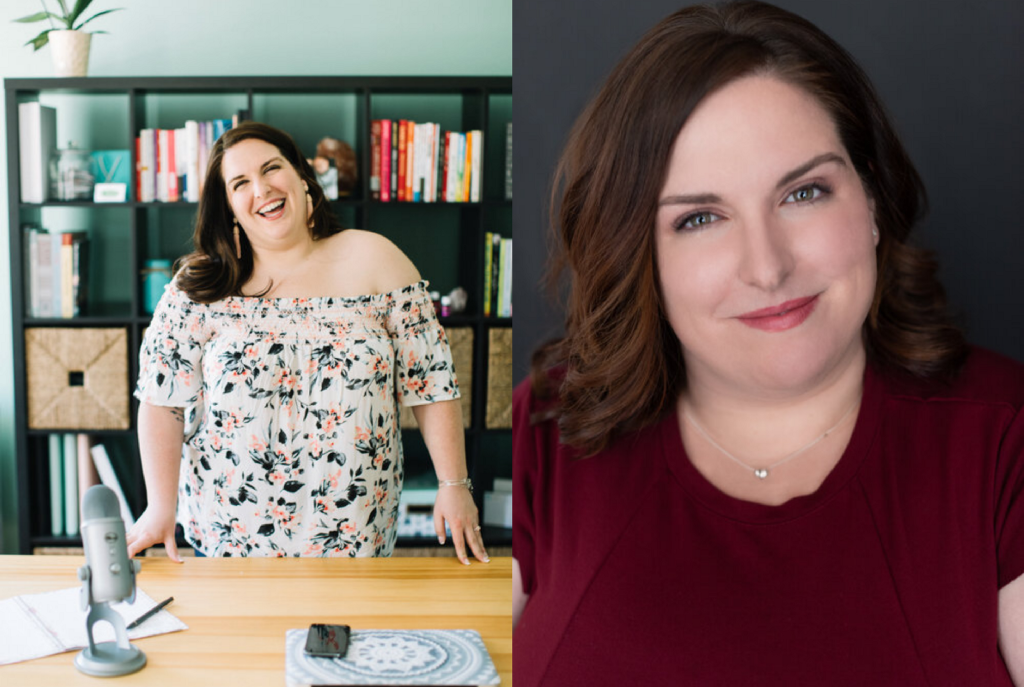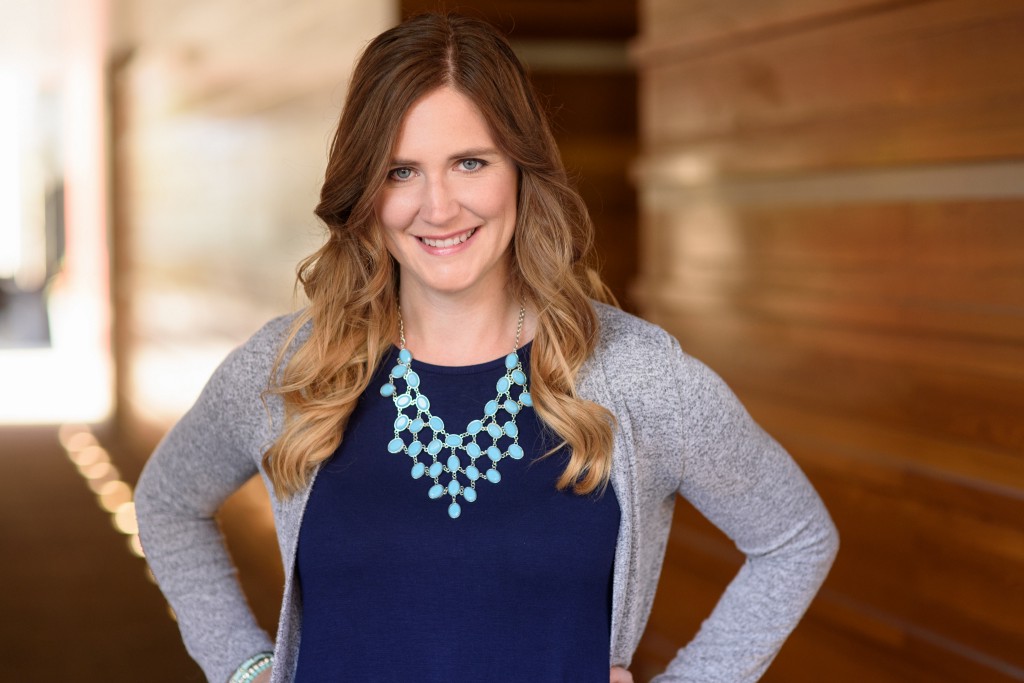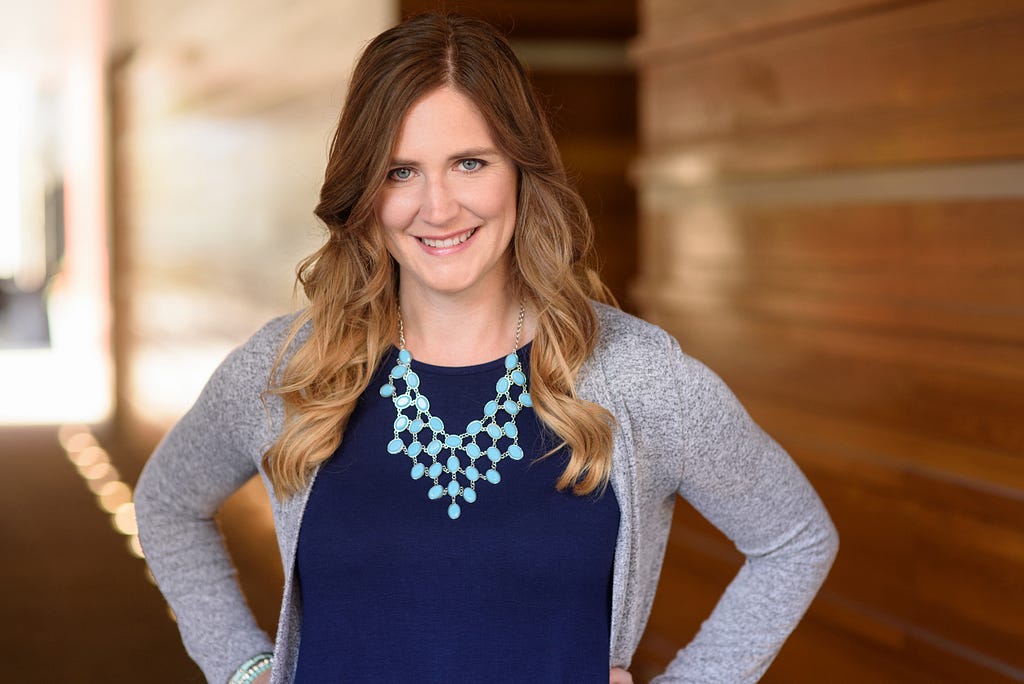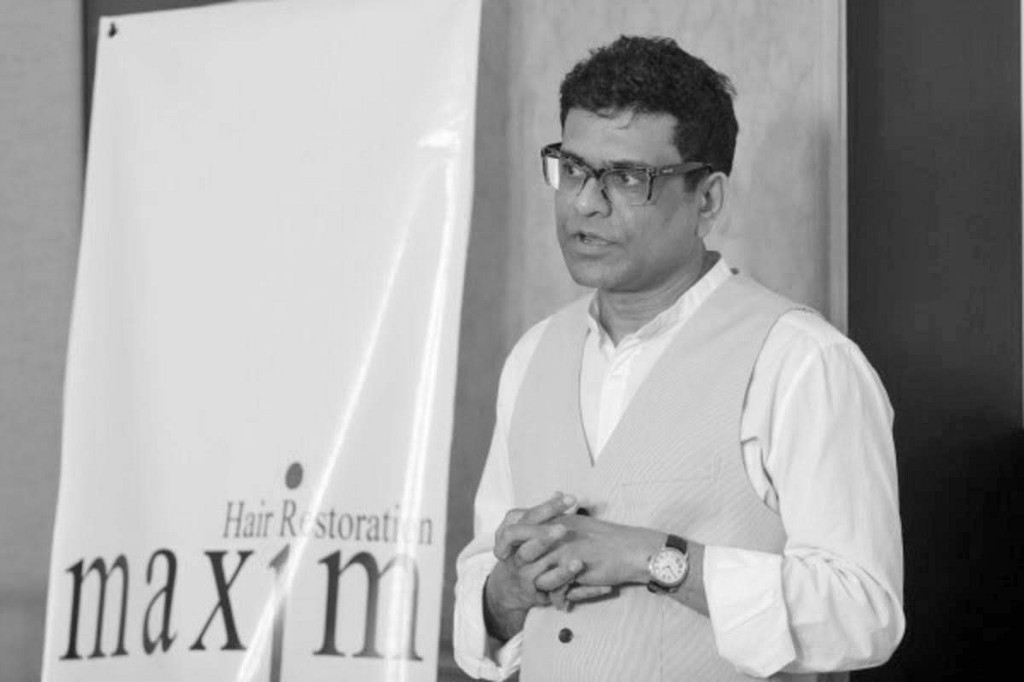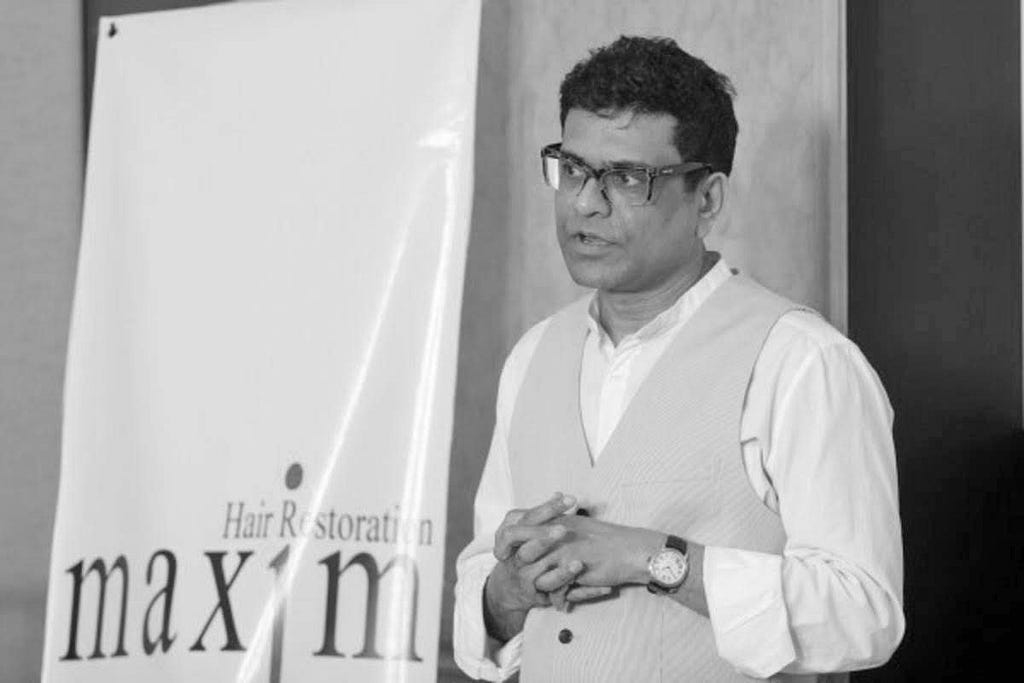I had the pleasure of interviewing Cassandra Shuck. Cassandra is creative, innovative, and fierce, traits that helped her become a successful business owner, gifted serial entrepreneur, and holistic guide for women in business. A natural visionary, she has built multiple businesses, including Tola Marketing + Creative and Milkin’ Cookie, from the ground up. As a business growth and profitability expert, Casandra digs deep every day to bring integrity, perspective, innovation, and curiosity to every client she meets and project she undertakes. For more information about Cassandra’s story, programs, and podcast, or to book Cassandra for a speaking engagement, connect with her at CassandraShuck.com.
Thank you so much for joining us! Our readers would love to ‘get to know you’ a bit better. Can you tell us your ‘backstory’?
I’ve always been really good at the ‘hustle’ because I had to be. I grew up in a drug-addicted household, and was abused emotionally and physically. While other kids were leisurely playing with dolls, swinging on swing sets, and swimming outside, I was behind closed doors planning and trying to find a way out of the chaos that was my childhood. I believed that in order to change my situation, I had to do it on my own; so I did.
For over a decade, I carried that belief through college, into (and out of) my first marriage, and straight into a highly successful corporate career. While that viewpoint did land me multiple 6-plus-figure jobs and a career that most would deem successful, something about the hustle left me feeling exhausted.
Over the next ten years, I started and grew multiple businesses including a successful full-service marketing agency that serves hundreds of female business owners worldwide and, alongside my husband, I opened a product-based company that helps women produce a higher quality and quantity of breastmilk. I changed my narrative, and created a life of purpose. Instead of letting obstacles stop me, I embraced them; they became fuel for the fire. I dreamed bigger, aimed higher, and chased what many would consider ‘impossible.’
My story, and the way I overcame trials and trauma, is part of what made me the successful business leader I am today.
Are you working on any new or exciting projects now? How do you think that will help people?
I’m currently launching my podcast, ‘Stacked Against.’
In this podcast I’m finally embracing the trauma I had to overcome to get to where I am. My painful past has shaped me, given me courage to press on, and infused purpose into my business.
My story and the limiting beliefs I had to defeat has been huge in forming my brand, and I know I’m not the only one. In the podcast I interview successful entrepreneurs, prominent influencers, and savvy business leaders. My hope is that it will help others to find the courage to confront their own stories, and it will provide them with practical and proven strategies to help their business thrive.
In your opinion, what do you think makes your company or organization stand out from the crowd?
I have experience in both corporate and as a business owner, so I have practical business know-how and I know what it takes to start and grow a business. I’ve worked multiple 6-plus-figure jobs, and I’ve helped to start eight businesses, three of which I run.
I have the credibility and the experience, but what makes my company stand out, I think, is authenticity. You have to be honest about where you’ve been to get to where you want to be. I take a wholistic approach to entrepreneurship, because I think that guarantees the greatest success — my biggest passion is helping entrepreneurs leverage their past trials and traumas to create fulfilling million dollar businesses, so they can not only make a living, but create a life they love.
Ok, thank you for that. I’d like to jump to the main focus of this interview. Has there ever been a time that someone told you something was impossible, but you did it anyway? Can you share the story with us? What was your idea? What was the reaction of the naysayers? And how did you overcome that?
This is hard for me to narrow down to just one example. Based on my past, I’ve heard quite a few times that what I wanted to accomplish was impossible.
Starting from a young age and throughout my upbringing, every time I tried to voice an opinion I was told women should be seen and not heard. When I would pick something I wanted to be ‘when I grew up’, it was often met with criticism from my father, who told me that my dreams were not obtainable.
“Becoming a business owner, that’s a man’s job…”
“Becoming a teacher, there’s no money in that…”
“Becoming a professional dancer, there’s no way… you’re too large…”
When I was leaving high school and heading off to college, I remember sitting down with my high school guidance counselor for one final meeting. She wanted to review the fact that I knew I was dropping out.
I remember her saying to me that if I dropped out, I would make nothing of myself — ouch!
My favorite English teacher, one of the few people who knew my dream of becoming a published author, sat me down just a few hours before my final day and said “If you drop out, you will never publish a book.”
In the end, how were all the naysayers proven wrong? 🙂
I used to think my situation was unique, but the more I talk to female entrepreneurs, the more I realize it’s all too common.
I have accomplished everything that people said I wouldn’t be able to accomplish and more.
I am a business owner.
I am a teacher of women, helping them create successful and profitable businesses.
I am not a professional dancer, but we do have a lot spontaneous dance parties in the office.
I have yet to accomplish my goal of becoming a published author, but my book is currently in the works and I am shopping for a publisher.
None of us are able to achieve success without some help along the way. Is there a particular person who you are grateful towards who helped get you to where you are? Can you share a story about that?
So many people — one in particular is my middle school and high school band director. Once I was accepted to college, I needed to figure out a way to fund my studies or I would have to go back and finish up high school. I tried to get approved for a student loan on my own, but no one would approve a 16-year-old.
Desperate to leave my house and and dreading going back to high school after saying I was leaving, I started working double time. But the money I was making wasn’t enough.
I remember one day walking into the band room and going into one of the music practice rooms, sobbing. My director found me shortly after and as I was explaining the situation to her, I remember her saying “we will figure it out.”
I will forever be grateful to her and will never forget those five words.
It must not have been easy to ignore all the naysayers. Did you have any experiences growing up that have contributed to building your resiliency? Can you share the story with us?
My whole childhood helped with my resiliency.
I think from a young age, knowing I could only count on myself was really formational to my resilience.
Based on your experience, can you share 5 strategies that people can use to harness the sense of tenacity and do what naysayers think is impossible? (Please share a story or an example for each)
1) Set clear goals
It’s hard to keep up your intensity and commitment if you don’t know what you are working towards. Make it easy on yourself by setting clear, specific goals. Goals that lack definition and specificity also lack focus, power, and the ability to create impact. We’ve all heard of “SMART” goals — why they are so popular? Because they work. Another small caveat to creating goals is that you have to keep them handy and top of mind.
2) Connect the dots
Connect the dots of your life backwards to see how you got to where you are today. So often we are trying to figure out what is going on and why something is happening in the moment. But we must remember everything we have done in our past, everything that has happened to us has led us to the next phase of this journey. I encourage you to trace key events and learnings in your life backwards. It’s truly fascinating. Steve Jobs himself felt so strongly that connecting the dots and trusting our past will get us exactly where we need to go.
3) If you haven’t found your passion, keep going.
There’s something that all of us are meant to do. Once you find that one thing, it’s like adding gasoline to a fire. I was lucky to find my passion at a young age, but some of the clients I have worked with didn’t find it until their 80’s. They stayed hungry and stayed the course, even in the face of the unknown.
4) Embrace fear
Often times, the biggest thing holding us back from accomplishing all that we want to accomplish is fear. Instead of pretending it doesn’t exist, which we all know doesn’t work, embrace it. I have chose time and time to harness the immense fear I’ve felt into motivation.
5) Burn the ships
I am a big fan of going all in and pressing on. There is almost nothing in my life that I have succeeded at that hasn’t required great grit and persistence. There is a human instinct that gets triggered when you put yourself under pressure by eliminating the option of giving up.
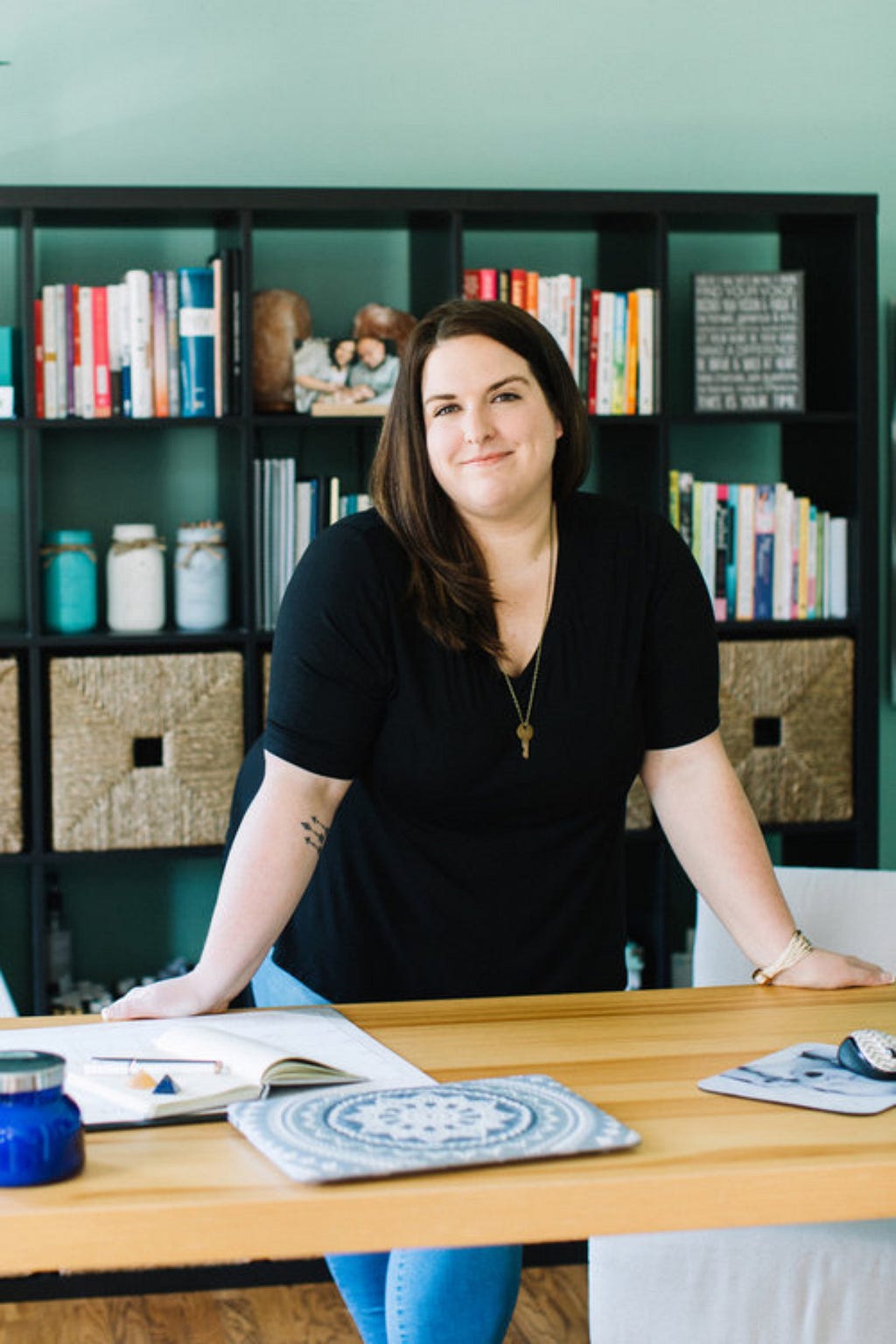
What is your favorite quote or personal philosophy that relates to the concept of resilience?
Currently, Nikita Gill’s poem ‘Wreckage’ has become a sort-of mantra for me:
“There is nothing beautiful about the wreckage of a human being. There is nothing pretty about damage, about pain, about heartache. What is beautiful is their strength, their resilience, their fortitude as they display an ocean of courage when they pick through the wreckage of their life to build something beautiful brand new, against every odd that is stacked against them.”
You are a person of great influence. If you could inspire a movement that would bring the most amount of good for the greatest number of people, what would that be? You never know what your idea can trigger.
Like I said earlier, I’m passionate about empowering women and helping them leverage their past trauma to create fulfilling businesses that help them make a living and a life. I would love to live in a world where women are heard and respected just as much as men, and where we all support one another’s dreams and efforts to create and build businesses that impact our communities and the world. I think when we see this movement, we’ll see changes in other sectors too. For example, because my business is profitable I’m able to support Crossnore School & Children’s Home, a non-profit organization that provides residential foster care homes, community-based foster care and adoptions, and clinical services for children and families in North Carolina. I would love to see other entrepreneur’s profit so they can support causes they’re passionate about, too!
Can our readers follow you on social media?
Absolutely! You can find me on Instagram at @cassandrashuck, on FaceBook, LinkedIn, and Medium as Cassandra Shuck, and listen to my podcast ‘Stacked Against’ on Spotify or Itunes.
Cassandra Shuck: “They told me It was impossible and I did it anyway” was originally published in Authority Magazine on Medium, where people are continuing the conversation by highlighting and responding to this story.


